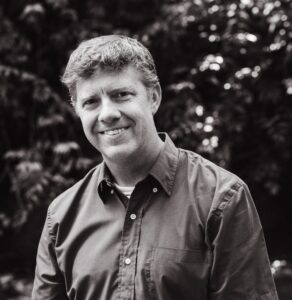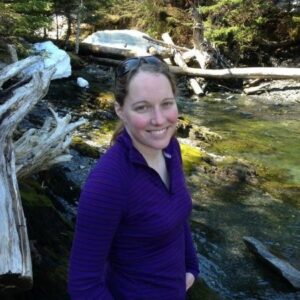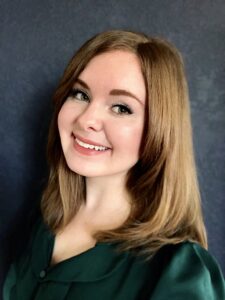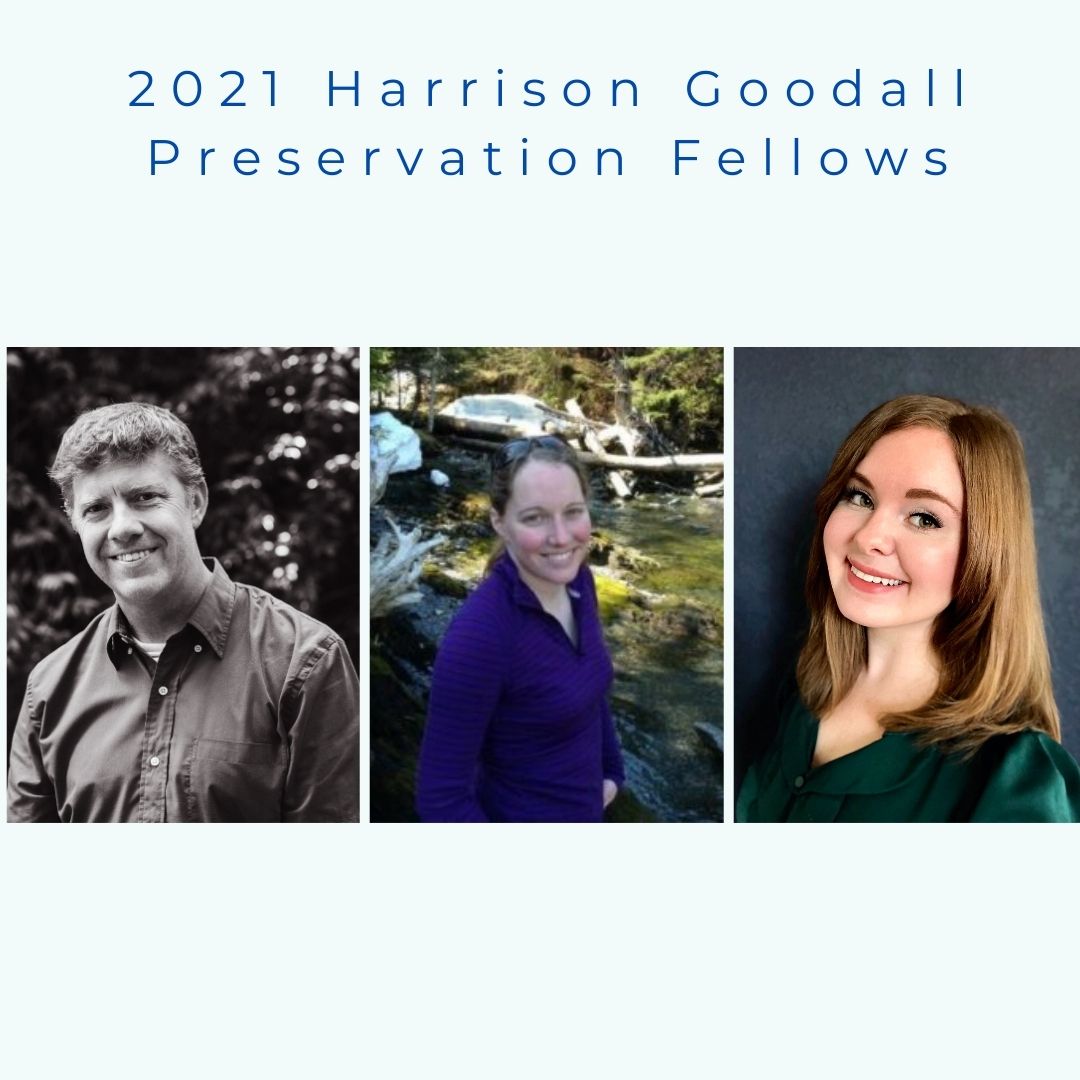The National Park Service and Preservation Maryland are pleased to announce the 2021 Harrison Goodall Preservation Fellows. Now in its second year, the Fellowship awards support innovation and professional growth in the field of historic preservation.
The Goodall Fellowship provides a short-term opportunity for individuals to pursue a unique self-directed project under the guidance of a mentor. Many innovative applications were received from across the country and were reviewed by the committee this past summer. Each fellow will receive up to a $5,000 grant, be paired with a professional project mentor, and will be recognized for a distinguished achievement while creating original preservation training content, performing research, or enhancing leadership and management skills.
2021 Goodall Fellows
Sea Level Rise Monitoring – Benjamin Curran

Benjamin Curran has over 10 years of experience as an educator in the historic preservation field. Currently Curran is the Director of Training for Atlantic Refinishing and Restoration, one of the largest masonry restoration companies in Washington D.C. As a co-investigator for a research project funded by a National Geographic Society/Waitt Foundation grant, he worked as a senior member of the group investigating impacts of climate change and sea level rise and effects of salt water intrusion for coastal heritage sites for the University of New Hampshire Earth System Research Center in Durham, N.H. Curran and his colleagues published an article in the APTI’s 2016 special issue of the Journal of Preservation Technology on Climate Change.
While inundation, erosion, and storm surge will pose the most notable and visible dangers to our coastal cultural heritage, a more insidious and subversive threat, the progressive lifting of the coastal fresh water meniscus, i.e. the water table, by elevated sea levels will start effecting historical and cultural site long before inundation occurs. This project intends to explore the viability of constructing low-cost open-source sensors for the purpose of increasing the breadth of communities engaged in self-monitoring their susceptibility to sea level rise.
Cemetery Identification, Assessment, and Consultation Guidance for the State of Alaska – Danielle Ellis
While Danielle Ellis currently works as an archaeologist for the Mendocino National Forest in California while earning a Master’s of Arts in Anthropology, she spent the majority of her career working in Alaska. The rich history and heritage of Alaska includes a wide range of cemetery types in a variety of geographic settings. Changing environmental conditions and increased infrastructure development escalate the need to protect vulnerable cemeteries. Guidance for cemetery resources and protection is scarce and presents challenges, especially for Native Alaskan communities. This is a need Ellis will rectify as a fellowship recipient.
Through communication with her mentor, Shina DuVall, the Alaska Regional Archaeologist for the National Park Service, and working with the Alaska Office of Heritage and Archaeology Ellis will create a document for formal guidance and best practices regarding the identification, assessment, and treatment of cemetery resources. Ellis’ project will also provide a framework for conducting consultation with community stakeholders. This guidance can be widely distributed and used across Alaska by multiple governmental, non-profit, religious, and non-governmental community organizations and partners to aid in project planning and decision making while ensuring responsible and respectful community consultation.
Circular Heritage Project – Stephanie Phillips
 In her role as Senior Specialist with the City of San Antonio Office of Historic Preservation, Stephanie Phillips serves as the project manager for the City’s ongoing deconstruction and salvage policy initiative, the nation’s first major deconstruction ordinance effort driven through a heritage conservation lens. She strongly believes that preservationists can be leaders in the architecture, engineering, and construction (AEC) industry’s transition to a more circular building ethic – one that prioritizes repair, restoration, and reuse of both buildings and building materials over their landfilling. The fellowship will support the launch of the Circular Heritage Project, which seeks to strengthen the alignment between the heritage conservation field and the growing circular economy movement in North America.
In her role as Senior Specialist with the City of San Antonio Office of Historic Preservation, Stephanie Phillips serves as the project manager for the City’s ongoing deconstruction and salvage policy initiative, the nation’s first major deconstruction ordinance effort driven through a heritage conservation lens. She strongly believes that preservationists can be leaders in the architecture, engineering, and construction (AEC) industry’s transition to a more circular building ethic – one that prioritizes repair, restoration, and reuse of both buildings and building materials over their landfilling. The fellowship will support the launch of the Circular Heritage Project, which seeks to strengthen the alignment between the heritage conservation field and the growing circular economy movement in North America.
Stephanie will combine her experience with that of her mentor, Susan Ross, an Associate Professor at Carleton University in Ottawa with professional and research expertise in heritage values and waste. Stephanie’s goal is to equip preservation professionals with the resources to incorporate circular economy principles into their own work and to expedite policy changes that result in the recapture and reuse of more historic building materials. The project will also amplify the critical importance of including cultural heritage sectors in circular economy policy and program development, including deconstruction policies and ordinances, green building rating systems, code updates, and climate action planning. Visit the project website at www.circularheritageproject.com.
About The Fellowship

The Harrison Goodall Preservation Fellowship gives graduate students and enterprising professionals the opportunity to undertake a focused pursuit that makes a meaningful contribution to the field of historic preservation and support the stewardship of historic resources not only in the National Park Service but nationwide and at any level (e.g., other federal agencies, state and county parks, non-profit history museums, etc.).
Often during the rigors of a preservation graduate program or while in professional employment, there aren’t opportunities to explore issues that can create a difference in the preservation field. The format of the fellowship program is flexible to encourage creativity and allow fellows to continue to study, work, or engage in other activities.
Inspired by a gift from Harrison Goodall and made possible by Preservation Maryland, this NPS partnership promotes innovation in the field of historic preservation by allowing outstanding preservationists to develop and conduct independent projects. Fellows not only make a contribution to the field of preservation but also grow professionally as a result of their interaction with a preservation mentor.
In the words of Harrison Goodall, “Preservation changed my life; I’d like to see it do the same for others.”
Related Content
The Campaign for Historic Trades

